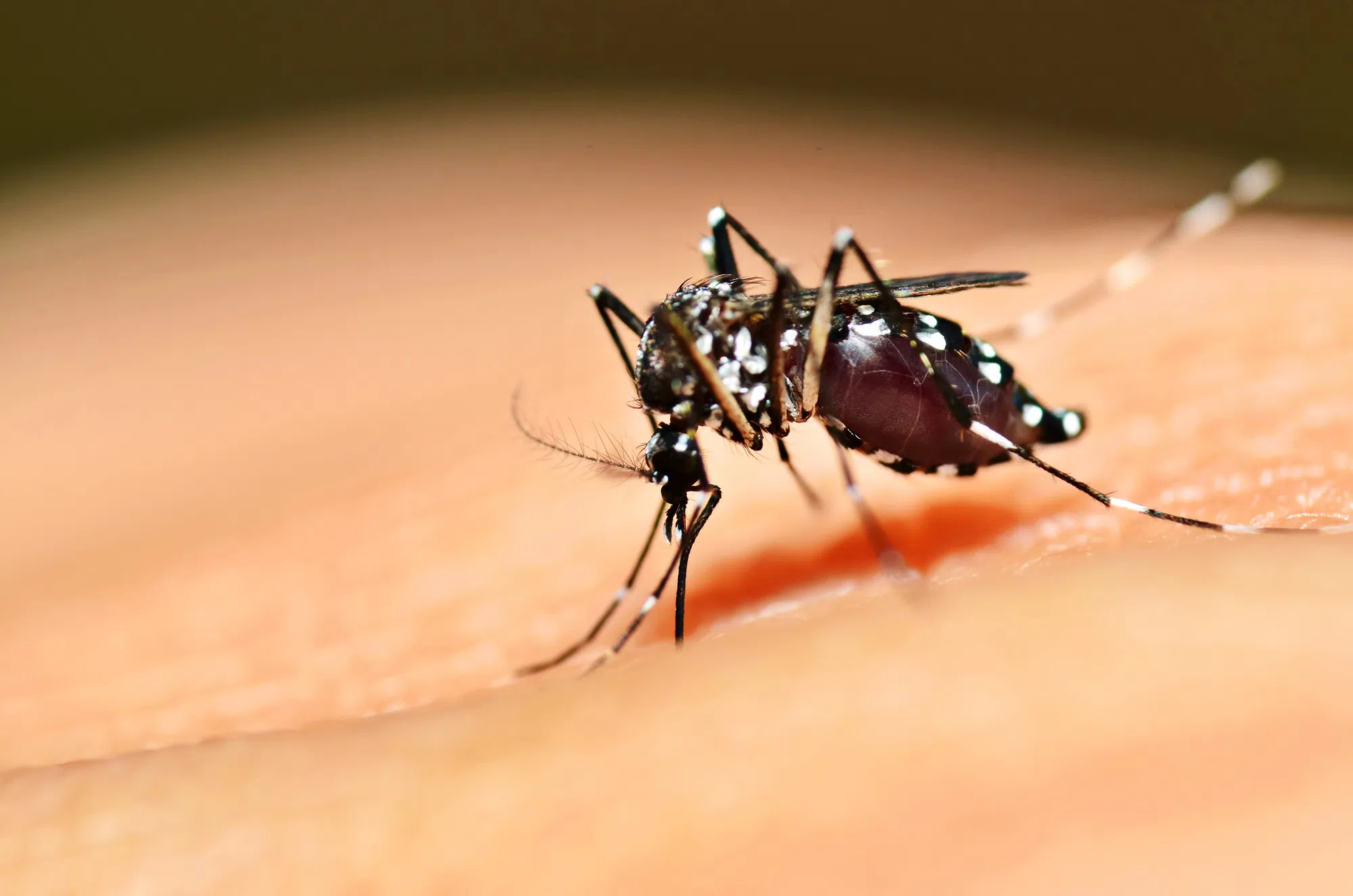The Sheboygan area summer of 2023 was notable in its near absence of those persistent pests of summer – mosquitoes. This year is almost guaranteed to be much, much worse as last year’s near-drought conditions have been replaced by more than the usual rainfall, setting the stage for an onslaught of the tiny vampires that some laughingly refer to as “Wisconsin’s state bird”. That, by the way, is officially the American Robin.
National Weather Service data recorded at the Sheboygan County Airport show that we’ve received 6.18 inches of rain so far this month, more than double the 3 inches usually expected, creating perfect conditions to support a population explosion of local members of the the 56 species of mosquitoes that live in the state. Fortunately for us, many of those never bite people, but instead prefer birds or frogs. Others are confined to bogs, marshes, and other wet areas like ditches and river banks and away from populated areas. But for people, there are plenty of the pesky insects waiting for the chance to make a meal of our blood, something they need in order to reproduce. For what it’s worth, the males aren’t the problem and are actually beneficial given their ability to pollinate; only the females bite. And with recent rains, the Inland Floodwater Mosquito is likely to explode in numbers within days.
Mosquitoes have been called one of the most dangerous animals on earth, as they can transmit deadly diseases including Zika, Malaria, West Nile Virus and encephalitis. There’s even one virus named the LaCrosse virus that was found first in that city. Most mosquitoes you’ll encounter are native to Wisconsin, but some recent arrivals have come from elsewhere, such as the Asian rock-pool mosquito that was first detected in the mid 2000’s, but has now become widespread throughout the state.
To control those populations, there are things you can do. Officials with the University of Wisconsin say it’s especially important to eliminate any standing water on your property; even the pans beneath potted plants should be emptied as it only takes a bit of water and a few days to create a swarm nearby. DEET, a widely-used insect repellent, is safe when used as directed, and proven effective in preventing bites, but it can damage plastics. Picaridin, oil of lemon eucalyptus, and one known as IR3535 are three non-DEET products that have been shown to be just as effective without the damaging risk of DEET. Many other folk-remedies, such as consuming garlic or Vitamin-B have been tested and shown that they don’t really work, but wearing dark clothing does have some benefit.
If you’ll be outdoors, your best bet is to use those proven repellents. And not that you’ll avoid the practice – but just so you know – UW researchers say that out of six people studied for mosquito attraction, the one member of the study group who regularly drank alcohol was the winner in drawing bites from the bugs. Just so you know.






Comments